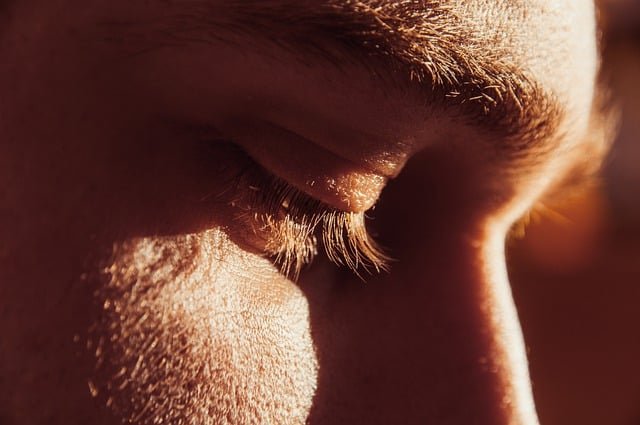This is one of the most difficult times to be a South Asian man as many struggle silently with various issues. In this post, we explore what some of the most common issues men face and what the consequences can look like. It can come with many challenges as they often feel quite pressured into being strong and stoic. These pressures are also centred around patriarchy and being seen as a tough man, who never succumbs to their emotions.
These expectations then make it harder for them to recognise or even acknowledge when they come across things that make them struggle. Even if they go through a difficult time, such as a job loss or relationship breakdown, they may feel unable to express this and feel a need to move on from this as soon as possible, so they can remain focused on their family role and duties.
From a young age, boys are encouraged to not cry or express certain emotions such as being sad or vulnerable. However, other emotions such as anger are more accepted and seen as a masculine trait. This can lead to them feeling lonely and unable to be open about emotional difficulties. Being paralysed by patriarchy and trapped as they feel unable to express their emotions apart from anger, which seems to be more socially accepted.
Men are typically made to feel that they have to be a certain way most of the time, this means they find it harder to admit to any difficulties they face and may even feel a lot of shame for not being able to step up to this image. One of the main ways Asian men can turn to cope with emotions that is seen as socially acceptable is drinking alcohol. Many south Asian songs and films portray this as normal, and alcohol is widely used even in happy occasions so is very normalised in the Asian culture.
However, when it is used in a heavy, binge drinking kind of way then that’s when it can begin to become a problem. Often the numb feeling from alcohol or drugs will give a temporary break from emotions, where they can be free from it. However, it will still come back afterwards and often guys will feel even a greater sense of shame and upset that they have let this happen. This can then go into cycle of shame, regret and guilt at letting themselves and others down, leading to want to drink more again continuing the cycle.
Another thing that is unhelpful in the Asian community is the lack of emotionally healthy role models. Most men have their fathers or uncles as a role model, who have also grown up in the same way where they were encouraged to repress their emotions and not talk about things openly. Instead, when seeing friends and family they are encouraged to have a drink instead of talking about how they have been feeling. This shows that there is still a stigma attached to talking about issues that may be affecting them.
Often, they are also seen to be the ‘man of the house’ after their fathers and may feel a pressure to carry this on, especially as their parents become elderly. As this is common in Asian families, the stigma of opening up and the pressure to be stoic makes men feel unable to open up in an emotionally healthy way. This also shows a lack of emotional intelligence, which can be developed by the right parenting. The unhealthy coping mechanisms may lead to addictions developing, which is sadly common.
Patriarchy can make men feel like they have to step up financially too and also keep some level of control over the women in their family. They may feel pressured to follow in the steps of their fathers and uncles and behave in ways they don’t totally understand or believe in. Their shame starts to develop and grow, which further fuels the unhealthy habits.
The bottom line is, if men don’t open up about their feelings, this can also lead to a lot of loneliness. Some men may feel it’s a sign of weakness to reveal their problems or when they are in distress and worry about appearing vulnerable, even though it is actually a sign of great strength to ask for help. Times will change when parents and the whole family will also be willing to acknowledge how they have impacted their sons growing up and understand the importance of making an environment. where they can express different emotions, cry and be vulnerable without being ashamed.
Education about how to emotionally regulate in a healthy way can be a helpful step forwards and also reduce any stigma. Therapy should not be seen as something to avoid but embraced as this can also be a space where people can practice being open about their feelings.
Being open and talking honestly about these struggles can make a big impact on improving men’s mental health and dealing with their struggles in a healthy way, rather than resorting to unhealthy coping strategies. Developing emotional intelligence and the openness to express different emotions is key in helping men to become more emotionally present. This will then help to process their feelings in a healthier way and prevent them from avoiding them that lead to more negative emotions.
Change will happen when attitudes towards embracing emotions is encouraged and men are freely given a chance to be their true selves. Everyone needs some support sometimes, no matter how strong they feel they must appear. Feelings and emotions are a normal part of being male or female, and everyone has a duty to make a safe space for all.

